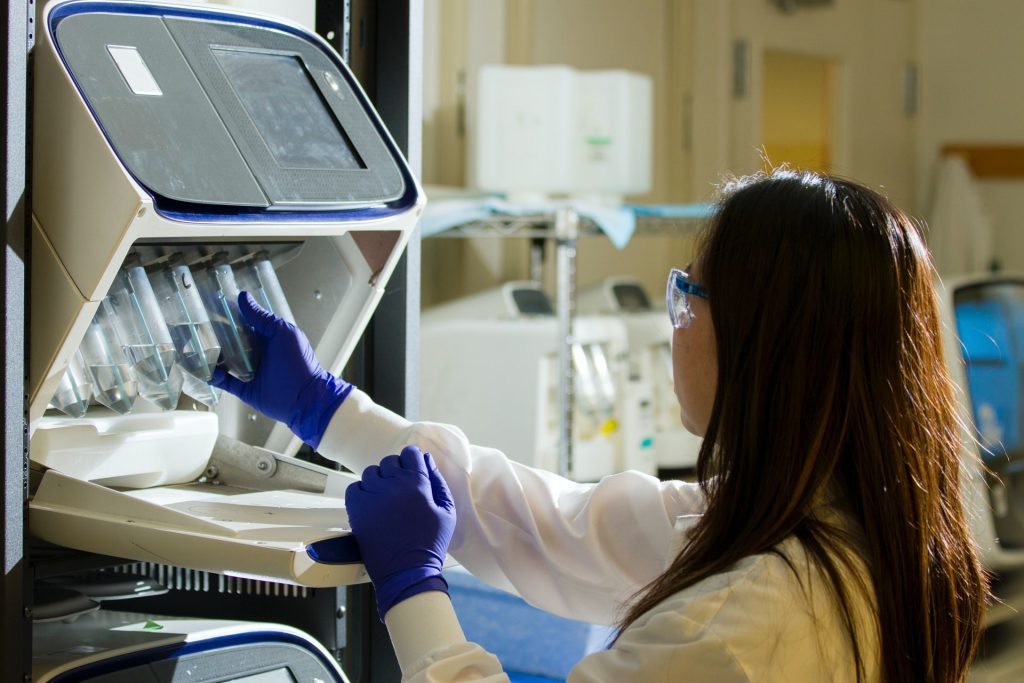
Researchers have made advances in improving detection of the human papillomavirus (HPV) in the bloodstream, which could further hone precision treatment of the illness.
The team sequenced circulating tumour DNA, which can lead to the detection of HPV in a person’s blood. Previous science in the field has proven that the virus, which causes cancers in the throat, mouth, and genital areas, can be found in the bloodstream but tests have had limited sensitivity. The new study enables ‘ultrasensitive’ detection, which could pave the way toward greater use of precision medicine for patients with cancers affecting these vulnerable areas of the body.
In a cohort of patients with advanced cervix cancer, the new sequencing method detected 20-fold lower levels of HPV circulating tumour DNA, making it a promising new method to monitor the disease.
The results come from the laboratory of Senior Scientist Dr Scott Bratman at Princess Margaret Cancer Center and are published in Clinical Cancer Research. “Increasingly, as clinicians we’re focused on precision medicine and making sure we’re not over-treating people while still curing them, that’s a very difficult balance to strike,” Dr Bratman said.
One way is to use liquid biopsy approaches or blood-based biomarkers, such as circulating tumour DNA, in order to monitor how the treatment is progressing, he added.
“We’re really at the cusp of a revolution from a technology, clinical implementation and standard of care standpoint, where five to 10 years from now we will not be treating everybody with the same dose of radiation and chemotherapy, and then waiting months to see if the treatment was effective,” he said. “I’m confident we will be giving much more tailored doses.”
When physicians scale back on these treatments, there is a risk of the cancer reoccurring. With more sensitive tests, reoccurrences can be detected early and patients returned to treatment.
“Patients who need more treatment will then be able to continue on, or different treatments can be added,” Dr Bratman said. “We can spare the vast majority of patients who will not need those interventions and provided them with a greater quality of life once they’re cured of the cancer.”
The work will enable further study in the field, refining the approach using larger study groups, and eventually, practice-changing clinical trials. This technique could also be applied to other cancer-causing viruses such as certain types of stomach cancer and lymphomas.
Source: Princess Margaret Cancer Center

